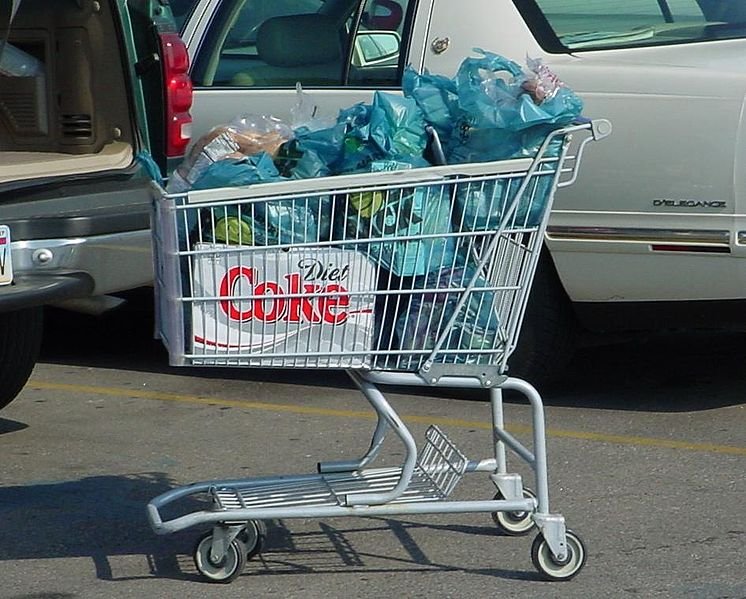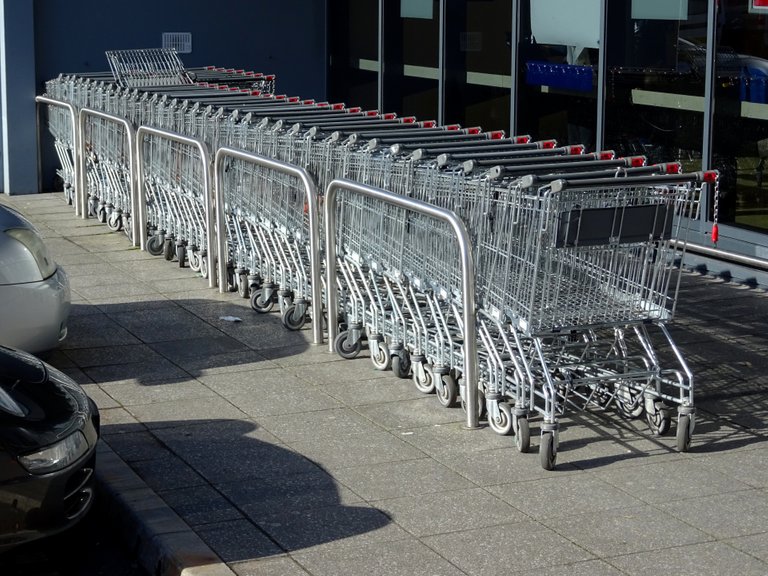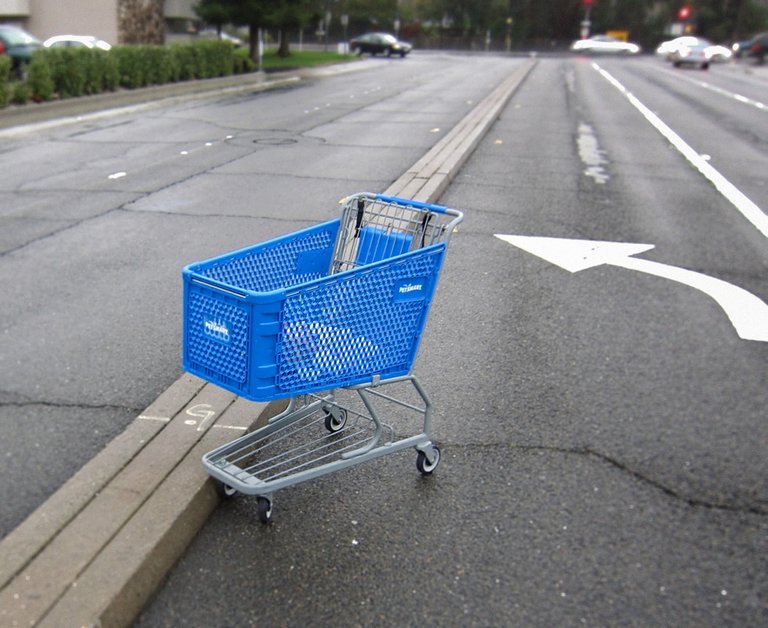What is the shopping cart theory?
I recently read a crazy theory that has been circulating on social networks, it basically describes what kind of person you are to society based on a simple gesture, returning the shopping cart when you leave the supermarket.

Returning the shopping cart seems like a gesture that says a lot about people. Source: Wikimedia.org.
Many of us consider ourselves good citizens, respectful of the rules and good customs that our society has imposed to live in harmony, but the shopping cart theory that is circulating in the networks proposes to be the proof that could show if it is true.
The so-called shopping cart theory points out that, by doing something as simple as returning the shopping cart from the supermarket, knowing that there will be no punishment for not doing so can indicate whether a person is on the side of those who do the right thing in life.
It seems rather silly to try to demonstrate the integrity of a person with something that circulates in social networks, but let's see what can be rescued from that idea; we are talking about an action that is neither rewarded nor punished by society, but we know that returning the supermarket cart once the purchase is finished is the right thing to do, however it is not uncommon to arrive at the supermarket parking lot and have to go sorting the carts that have been abandoned in the parking lot by those who put their purchases in the car and leave.

It is common to find shopping carts abandoned in parking lots. Source: Wikimedia.org.
Some may wonder, is this motive enough to judge people? And the truth may seem like a simple gesture, but it reveals those who do things out of self-interest or because they feel obliged to do so. Let's think, returning or not the cart will not change anything, but making a proper use of what has been lent to us is the right thing to do. Taking the cart inside the supermarket and then leaving it abandoned in the parking lot after using it, shows a clear disinterest in the object that has been lent to us to make our shopping more comfortable, and even little empathy with those who have to pick it up or who might be annoyed to find it occupying a parking space.
The theory makes sense because it shows those who do the right thing just because it is the right thing to do, since it is not illegal not to return the shopping cart, it is not like running a red light or taking something from someone else, no one is fined or arrested for not doing it, and no one gets anything in return either, it is just returned out of the simple feeling of doing what is supposed to be done, out of empathy for others.

Returning the shopping cart to its place is the right thing to do. Source: publicdomainpictures.net.
There must be very few emergency situations that make a person not to return the supermarket cart, however many do, it could be said that these are the people who do the right thing only when they are forced to do so, because there is a law that threatens them with punishment if they do not comply with this action.
There are many other examples that can serve to illustrate this theory, such as lifting the food tray with the garbage in fast food places, and it is common to go to any establishment and observe dirty trays abandoned on the tables, making it necessary for an employee to come and pick them up.

Returning the supermarket cart is a question of empathy. Source: pxhere.com.
I have seen that this theory has been widely shared and has generated a lot of debate, it was initially shared on Twitter and has already generated thousands of reactions, inspiring many to share their impressions or to describe other situations in which we can measure when we do the right thing just because it is the right thing to do.
According to the theory, we can measure whether a person is capable of self-governance, and doing the right thing even though there is no law, force or reward in exchange for doing so. But it seems to me that it has to do with being socially responsible and feeling empathy with others, in a way the theory shows how we have decided to live with others, whether collectively or only thinking of our own interests.
And you, do you return the supermarket cart?